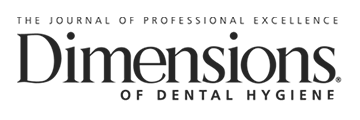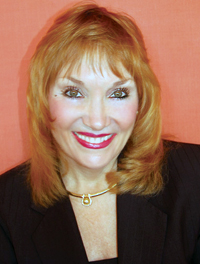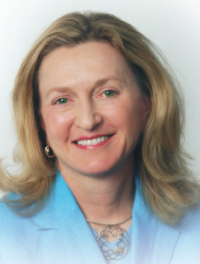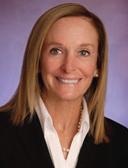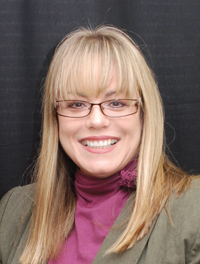
Nancy Kiehl, RDH, MS, is an expert in clinical dental hygiene. She graduated from two clinical dental hygiene programs at Forsyth School for Dental Hygiene in Boston and USC’s Herman Ostrow School of Dentistry, where she also went on to earn a Master of Science in Education. She has also had a long career in teaching at Lorain County Community College in Elyria, Ohio; Case Western Reserve University Dental School in Cleveland; and USC. She has taught a variety of subjects to dental hygienists including periodontal instrumentation, dental anatomy, radiology, periodontology, and local anesthesia. Throughout her career, she has always remained in clinical practice at least one day per week, and currently works full-time in clinical practice. She works for two periodontists: Morris W. Wasylenki, DDS, MS, in Mansfield, Ohio, and Eric Guirguis, DDS, in Elyria, Ohio. During her practice with Dr. Wasylenki, she performs root debridement with a dental endoscope. Kiehl has also remained active in organized dental hygiene and testified before the State of Ohio Senate Health Committee to help pass legislation necessary to allow dental hygienists to provide local anesthesia. She is proud of her 4 years of clinical education and hopes to see the minimum number raised in the requirement for dental hygiene licensure. Writing comedy is one of her hobbies and she’d love to entertain her fellow dental hygienists with a stand-up comedy routine at an ADHA annual meeting.
You never gave up clinical practice even after you worked full-time in academia. Why?
I always felt it was important to keep in touch with the real clinical world of dental hygiene. If you’re going to teach something, you need to practice what you teach. You forget what clinical dental hygiene practice is like. It can be a humbling and vital experience to partake in what you’re preparing students to do. You can tell them firsthand what to expect and how to handle whatever comes their way in clinical practice. It’s also a way that your students can connect with you because you have authenticity. You share the world of clinical dental hygiene with your students, who then become your colleagues and eventually your successors. We are in this together!
As one of the few dental hygienists who has worked with the dental endoscope, what has it taught you?
When I first heard about the dental endoscope, I wanted to work with it. The program at Lorain County Community College, where I taught for many years, purchased an endoscope with a grant and it remains the only program in Ohio to have one. In clinical practice, I feel lucky to be able to use a dental endoscope. It’s taught me better instrumentation. In 25 years of practice, to finally see what I’m doing is the best learning experience ever. The endoscope has taught me that when you think you’re done, you’re probably not. Its use has encouraged me to question the set norm and try new ways of instrumentation for calculus removal. If all dental hygienists could see what they were doing when they scale, there would be less untreated or minimallytreated periodontal infections. Better instrumentation skills equal better health for patients.
The endoscope has shown me how calculus is removed with ultrasonic instrumentation. I think students get the impression that the ultrasonic is a magic wand that you wave around in a pocket and the calculus just falls off the root, but it takes skill to know where the calculus is and proper adaptation and pressure to effectively use ultrasonic instrumentation. If students see the tip actively removing calculus, then learning becomes more precise. In my experience, the ultrasonic technique used with endoscopy is different than when using it in a closed procedure. When you can see adaptation of the tip and apply the pressure needed to remove calculus, you know exactly when the calculus is gone and can move the tip to prevent any gouging of the root surface. I still use hand instruments and there are times when they are my best option. Micro Mini curets make access so much easier than when I first learned hand instrumentation. I think the dental endoscope is a win-win for students, clinicians, and patients. I would love for endoscopy to become the standard of care in dental hygiene.
